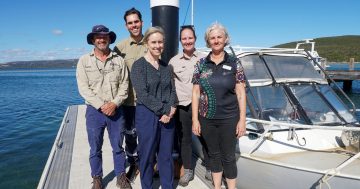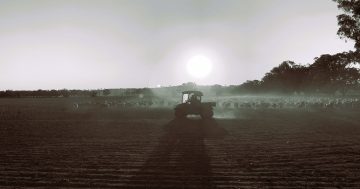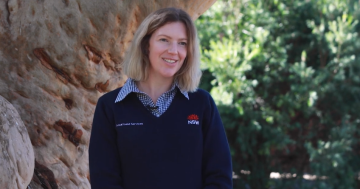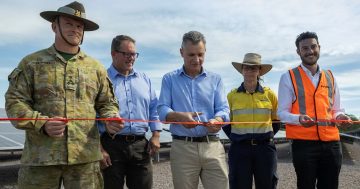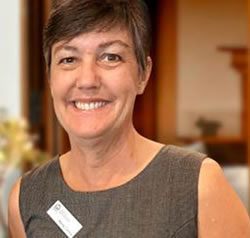 The Department of Primary Industries and Regional Development (DPIRD) is urging agricultural landholders to measure the carbon emissions from their operations which, it is hoped, will capture opportunities for managing them.
The Department of Primary Industries and Regional Development (DPIRD) is urging agricultural landholders to measure the carbon emissions from their operations which, it is hoped, will capture opportunities for managing them.
Senior Development Officer at DPIRD, Mandy Curnow said on-farm carbon accounts would be valuable business tools for farmers in the future.
Ms Curnow (pictured) said a carbon account provided landholders with a benchmark of emissions to verify the carbon status of the farm and farm products, as well as a baseline from which to capture opportunities to generate carbon credits.
“Western Australian landholders are very familiar with benchmarking in their businesses and carbon benchmarking is no different,” she said.
“Benchmarking allows landholders to consider management decisions with real information.
“You can’t manage what you don’t measure.”
Ms Curnow said emissions, as well as the composition of those emissions, varied greatly between farms as was revealed in a DPIRD study.
“While a wool-belt mixed farm was the smallest in hectares in the study, it had the largest number of livestock in the system, which contributed to the largest emissions due to the methane generated,” she said.
“The 100 per cent cropping farm had the lowest total emissions, as it had the lowest intensity of fertiliser and no livestock.”
The Senior Development Officer said the pulse crop produced the least emissions, mainly due to the absence of nitrogenous fertiliser, while the wheat crop produced the most emissions “which is to be expected, as it is the largest proportion of the crop grown”.
“A farm carbon account includes all level of emissions, from the point of export to the farm gate, including onsite emissions, electricity production and those from inputs, such as fertilisers, herbicides and supplementary feed,” she said.
“Knowing a property’s carbon account would enable landholders to consider options to decrease emissions or sequester carbon on-farm, which could also boost on-farm productivity and sustainability,” Ms Curnow said.


